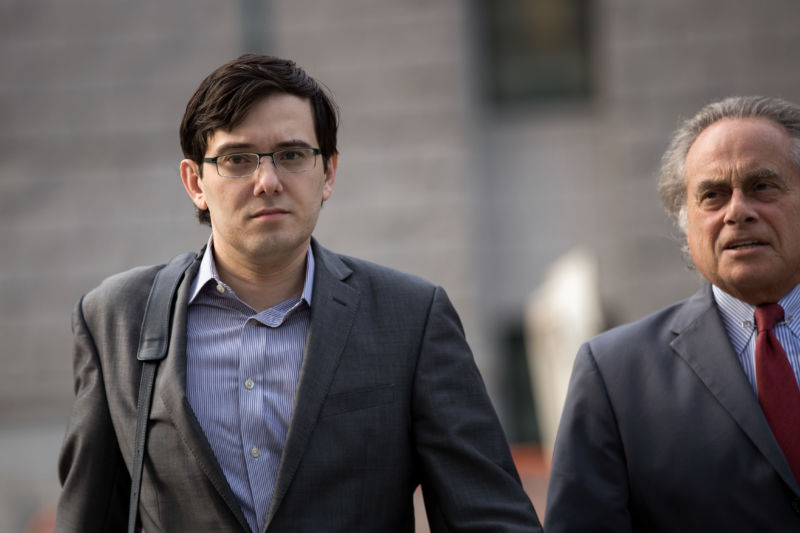
For four of the country’s largest hospital systems, enough is enough.
Sick of drug companies’ eye-popping price hikes and ridiculous shortages, the feisty hospital systems announced Wednesday that they’ve banded together and formed an unnamed non-profit to make their own steady supply of affordable generic medicines.
The leading hospital system, Intermountain Healthcare, released a statement explaining:
The new company intends to be an FDA approved manufacturer and will either directly manufacture generic drugs or sub-contract manufacturing to reputable contract manufacturing organizations, providing patients an affordable alternative to products from generic drug companies whose capricious and unfair pricing practices are damaging the generic drug market and hurting consumers. The company will also seek to stabilize the supply of essential generic medications administered in hospitals, many of which have fallen into chronic shortage.
Standing with Intermountain Healthcare is Ascension, SSM Health, and Trinity Health. The US Department of Veterans Affairs is also collaborating with the group. Together, they represent more than 450 hospitals across the country.
In an interview with The New York Times, Intermountain Healthcare’s CEO, Dr. Marc Harrison, did not mince words. “This is a shot across the bow of the bad guys,” he said. “We are not going to lay down. We are going to go ahead and try and fix it.”
The news—and furor—follows years of headlines, scandals, and congressional hearings over certain drug companies dramatically raising the prices of generic drugs and creating frustrating shortages. The most notable example is that of Martin Shkreli’s company Turing Pharmaceuticals, which dramatically raised the price of the old, cheap generic drug Daraprim by more than 5,000 percent—from $13.50 to $750 a pill. Daraprim is used to treat a parasitic infection and often given to babies and HIV/AIDS patients.
The group is not disclosing what specific medicines it will make out of fear that generic competitors could block them from the market by lowering prices temporarily. “We’re going to have to hold that very close to our vest,” Dr. Harrison told The Times.
Harrison said the group will focus on distributing drugs to hospitals at first, but it will consider expanding its efforts later.
“If the only way to provide our communities with affordable drugs is to produce them ourselves, then that is what we will do,” Dr. Richard Gilfillan, CEO of Trinity Health, said in a statement.
Dr. Carolyn M. Clancy, executive in charge of the Veterans Health Administration, applauded the effort. “As an organization which must have an affordable and stable supply of generic pharmaceuticals to fulfill its healthcare mission, the Department of Veterans Affairs looks forward to the value this new company will bring to healthcare in the United States,” she said.
The non-profit will be steered by senior-level leaders of the founding healthcare systems, as well as an advisory panel, including:
- Madhu Balachandran, retired executive vice president of Global Operations, Amgen
- Dr. Don Berwick, president emeritus and senior fellow, Institute for Healthcare Improvement; former CMS administrator
- Clayton Christensen, professor at the Harvard Business School and founder of Innosight
- Bob Kerrey, managing director, Allen & Company; former Nebraska governor, US senator, and pharmacist
- Martin Van Trieste, retired senior vice president and chief quality officer, Amgen
https://arstechnica.com/?p=1246541

